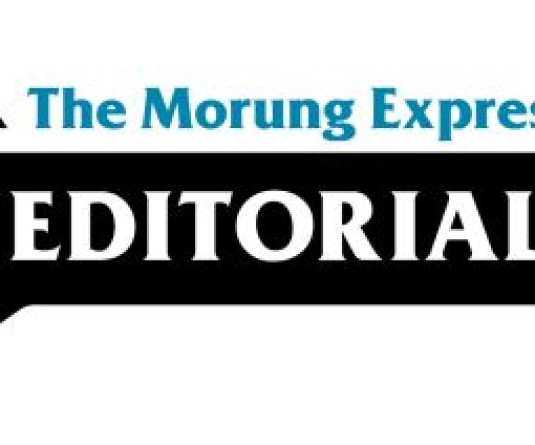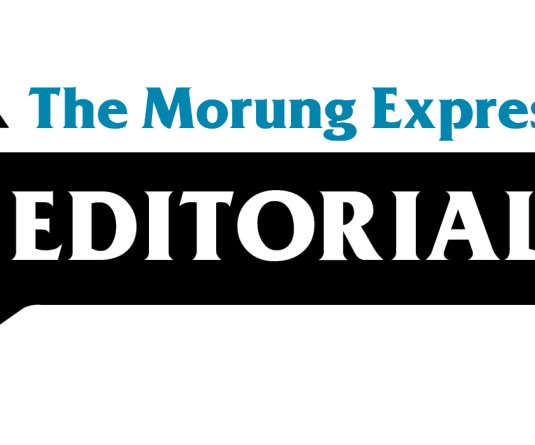
By Imlisanen Jamir
Under the hood of the AI revolution, a midnight feast of knowledge unfolds. Silicon beasts – massive language models built by tech giants – roam Wikipedia’s free encyclopedia as though it were an all-you-can-eat buffet. These companies shrug off any guilt: after all, “the training data is free,” as one AI leader quipped. By mid-2023 every major LLM had been trained on Wikipedia’s articles. The result is brutal: Wikimedia warns that automated requests have grown “exponentially,” forcing it to boost capacity for an unprecedented bot load.
To staunch the bleeding, Wikimedia launched a counterattack. In April 2025 it partnered with Google’s Kaggle platform to publish a curated dataset of Wikipedia content. This structured JSON release – organized by abstracts, sections, and image links – is openly licensed (CC BY-SA) and meant to lure developers away from brute scraping. In effect, the Foundation offered a legal “buffet plate” for AI after revealing that unbridled scraping had “risen sharply” its hosting costs .
Meanwhile, Wikipedia’s volunteer army faces an existential squeeze. As one report observes, “large language models absorb Wikipedia’s content without attribution,” thrusting the “world’s free encyclopedia” into the heart of a profit-driven AI economy. Wikimedia is blunt: “Our content is free, our infrastructure is not,” it warns, as bots now dominate traffic even to obscure pages.
Leaders say the lack of attribution is a real problem. “If our content is getting sucked into an LLM without attribution or links, that’s a real problem for us in the short term,” notes director Lane Becker – and “a real problem” for AI in the long term, “because they need us to keep creating this content.” Now the Foundation asks how to make the arrangement fairer: Becker hopes tech firms will start “supporting Wikipedia’s survival with funding and policy commitments.”
At stake is the future of our digital knowledge commons. Experts warn of a looming paradox: if people rely on AI shortcuts, they may stop visiting Wikipedia altogether – shrinking the well of facts we depend on. Meanwhile, the economics are lopsided: as one analysis notes, “much of the value comes from the commons, but the profits … may be disproportionately captured by those creating [the AI] models,” rather than being returned to enrich the commons. Big Tech is dining at the public table and pocketing the tips while the public pays the bills.
The remedy is clear: we must protect Wikipedia’s commons. AI developers should honor the site’s license by attributing sources or sharing improvements, help cover infrastructure costs, and treat it as a partner rather than raw material. Companies profiting from our collective knowledge should give something back – through grants, technical support, or open collaboration – so that Wikipedia can keep growing. This isn’t romanticism; it’s practical necessity. Let the algorithms feast, if they must, but don’t starve the kitchen. We side with the volunteer librarians who sustain the world’s free knowledge, not the avatars that devour it.
Comments can be sent to imlisanenjamir@gmail.com




